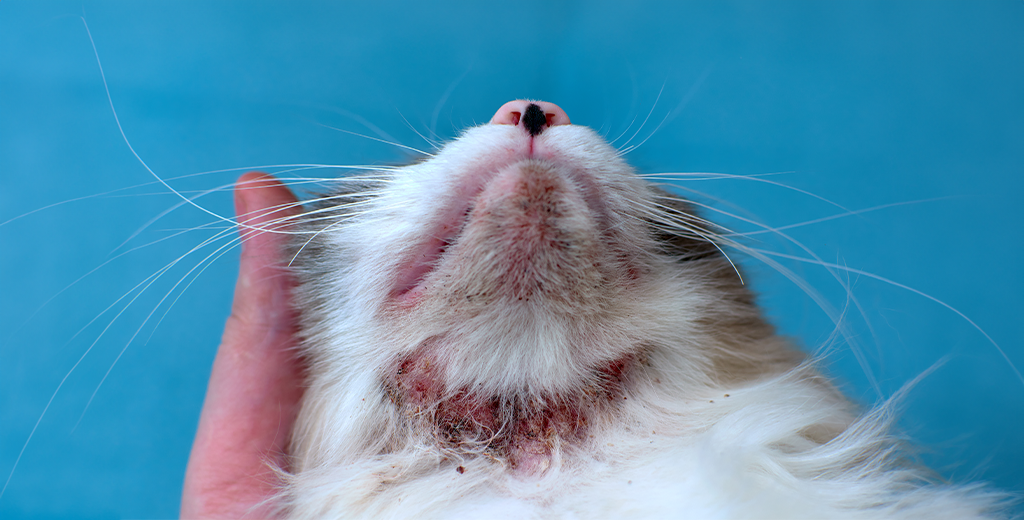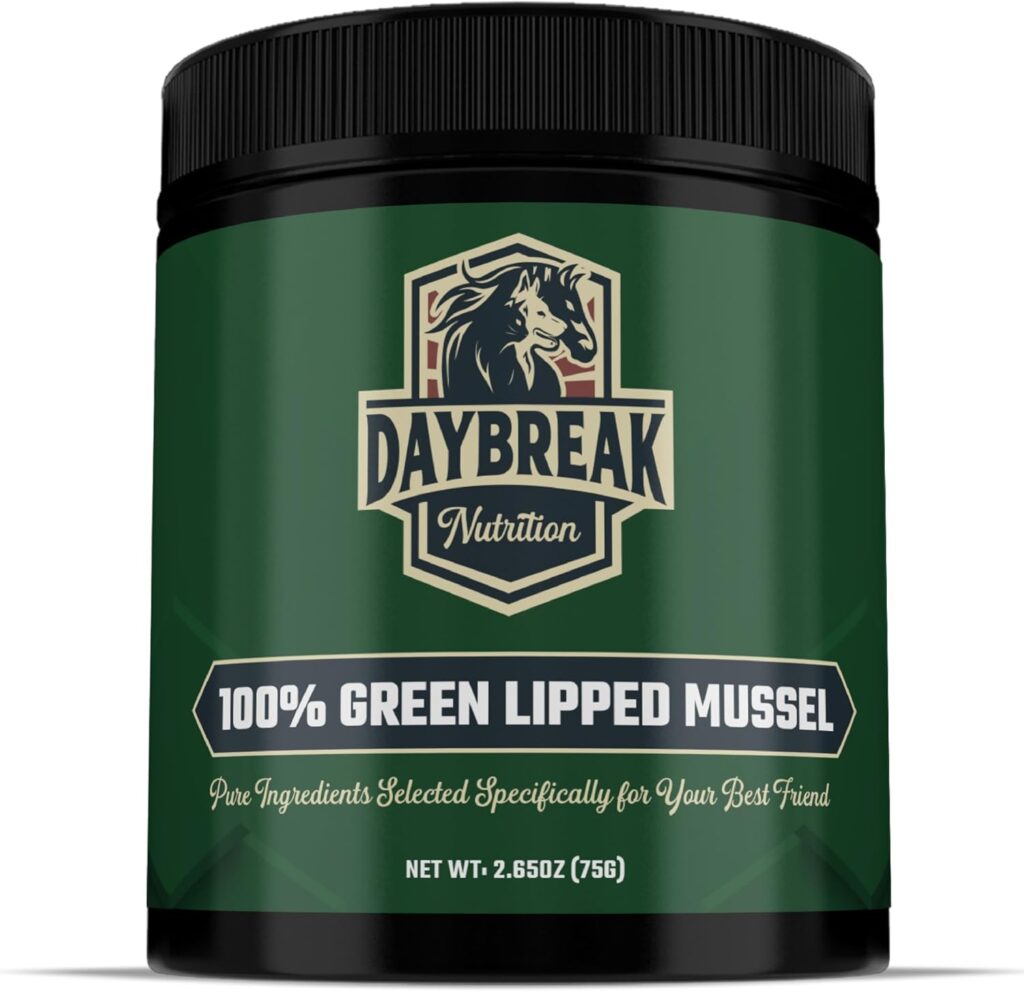Dry skin in cats can be a frustrating issue for both pets and their owners.
Not only can it lead to discomfort and irritation, but it may also indicate underlying health problems that need attention.
Understanding the causes of dry skin is the first step in effectively managing and treating this condition.
In this post, we will explore 5 ways to ease dry skin for your cat.
Let’s dive in!
What Causes Dry Skin in Cats?
Several factors can contribute to dry skin in cats, including:
- Environmental Factors: Low humidity, extreme temperatures, and exposure to harsh weather can strip moisture from your cat’s skin.
- Dietary Deficiencies: A lack of essential fatty acids and nutrients in your cat’s diet can lead to dry, flaky skin.
- Allergies: Allergic reactions to food, grooming products, or environmental allergens can cause skin irritation and dryness.
- Parasites: Fleas, mites, and other parasites can lead to skin inflammation and dryness.
- Underlying Health Conditions: Conditions like hypothyroidism, diabetes, or skin infections can manifest as dry, itchy skin.
Regardless of the cause, there are several effective strategies you can implement to help soothe and hydrate your cat’s dry skin.
5 Ways To Ease Dry Skin in Cats
1. Enhance Their Diet with Green-Lipped Mussels
One of the most effective ways to improve your cat’s skin health is to include green-lipped mussels in their diet.
These nutrient-dense mollusks are rich in omega-3 fatty acids and other essential nutrients that help maintain skin moisture and promote a healthy coat.
Consider adding green-lipped mussel supplements to your cat’s diet for added benefits.
Daybreak’s Green-Lipped Mussels have become my cat’s favorite supplement due to their all-natural formulation and powerful joint support benefits.
Sourced from the crystal-clear waters of New Zealand, these premium mussels provide essential nutrients that keep her hips and joints in top condition, whether she’s a playful kitten or a senior cat.
With a focus on overall joint and muscle health, this supplement is perfect for supporting her active lifestyle and ensuring she feels her best every day.
Simply follow the directions on the back and you’re good to go!
2. Regular Grooming
Regular grooming not only helps remove loose fur and debris but also distributes natural oils throughout your cat’s coat, keeping their skin hydrated.
Aim to brush your cat at least once a week, or more frequently for long-haired breeds.
This routine can help prevent matting and reduce the risk of skin irritations.
3. Provide a Humid Environment
If you live in a dry climate or use indoor heating during the winter, consider using a humidifier to add moisture to the air.
A humid environment can help alleviate dry skin and keep your cat more comfortable.
Ensure your cat has a cozy spot where they can escape harsh weather conditions.
4. Choose Gentle Grooming Products
Be mindful of the grooming products you use on your cat.
Opt for gentle, hypoallergenic shampoos and conditioners that are specifically designed for cats.
Avoid human shampoos or those with harsh chemicals, as they can strip oils from your cat’s skin and worsen dryness.
5. Consult Your Veterinarian
If your cat’s dry skin persists despite your efforts, it’s essential to consult your veterinarian.
They can help identify any underlying health issues or allergies contributing to the problem.
Your vet may recommend specific treatments, dietary changes, or medicated shampoos to address your cat’s skin concerns effectively.
Conclusion
Dry skin in cats can be uncomfortable and distressing, but by understanding the causes and implementing these five effective strategies, you can help soothe your cat’s skin and promote overall health.
From enhancing their diet with green-lipped mussels to providing a humid environment, these steps can make a significant difference.
Always consult your veterinarian if you notice persistent issues, ensuring your furry friend stays happy and healthy.
Thank you for reading!

